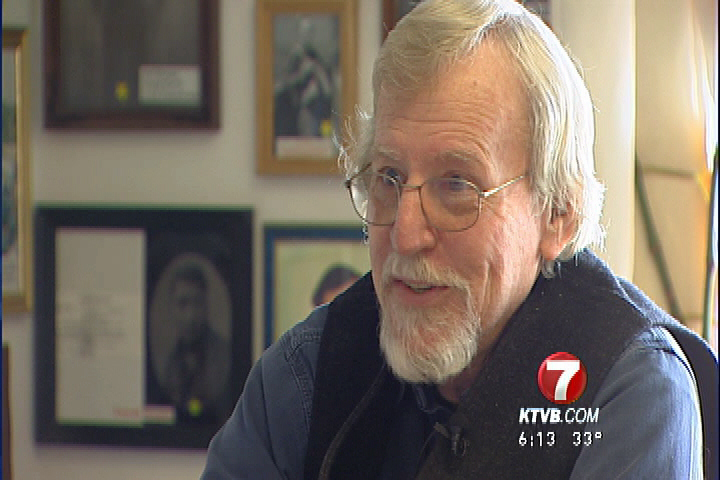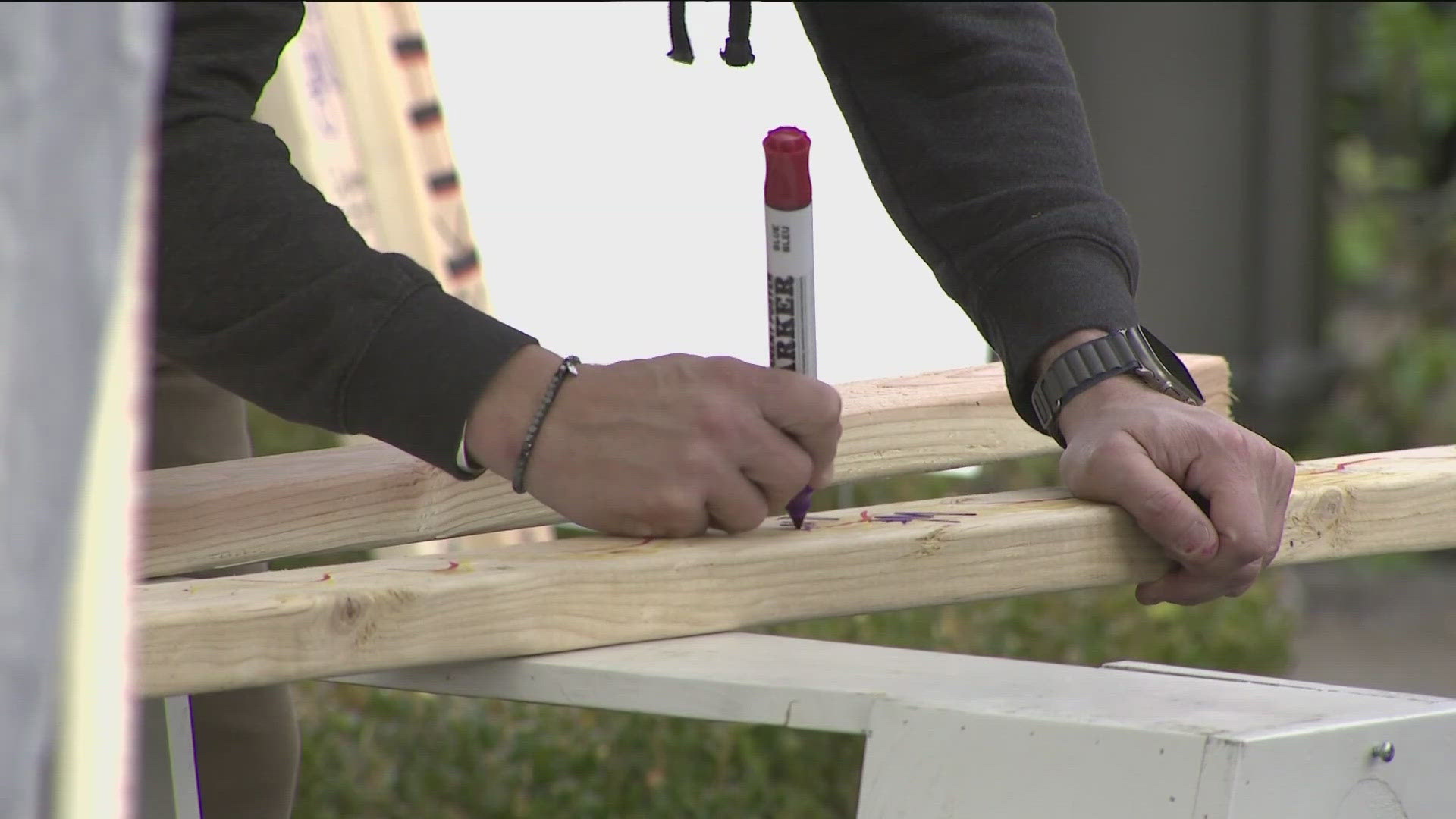EMMETT -- Friday is a national day of remembrance for downwinders, people who worked and lived downwind from nuclear testing sites and got sick from the radiation. But more than 60 years after the first above-ground nuclear weapons test in Nevada, many Idaho downwinders say not enough is being done.
Last year Bill Reynolds went to the doctor for tests.
I was feeling tired and wore out, said Reynolds.
He found out he had MDS (or myelodysplastic syndrome), a blood disease that can be a pre-cursor to leukemia.
Not knowing what this is he prints me up some papers, said Reynolds. The first line is 'MDS: no cure.'
Reynolds says his doctor told him he likely got it from exposure to radiation, even though he's lived in Emmett his whole life.
He said I was exposed to an atomic blast, his exact words, said Reynolds.
Bill, along with hundreds of other downwinders in Idaho, believe radiation carried downwind from the nuclear weapons tests in Nevada in the 1950s and 1960s caused his illness.
Numerous kids that I went to school with either have cancer or have already died of cancer, said Reynolds. I'm positive this has all come from the radioactive fallout, from the tests in Nevada.
Emmett is a long way from the Nevada test site. However, a government report in the late 1990s revealed that four of the five counties in the country, most exposed to the nuclear fallout, are in Idaho. One of those counties is Gem County.
In 1990, Congress passed a law which requires the government to pay people with specific diseases, like Bill's MDS, who were living in parts of Arizona, Utah, and Nevada at the time of the testing. But if you were living in Idaho, like Bill or the other downwinders, you're ineligible. Although, Idaho's congressional delegation and all the downwinders in this tight-knit farming community are trying to change that.
A time will come when we do get it pushed through, said Reynolds. Because especially the people of Emmett, they don't give up on things.
Sens. Mike Crapo and Jim Risch have co-sponsored legislation to extend that government compensation to Idahoans. Right now, as has happened many times before, the bill is stuck in committee. But Risch says this is something they won't stop fighting for.


